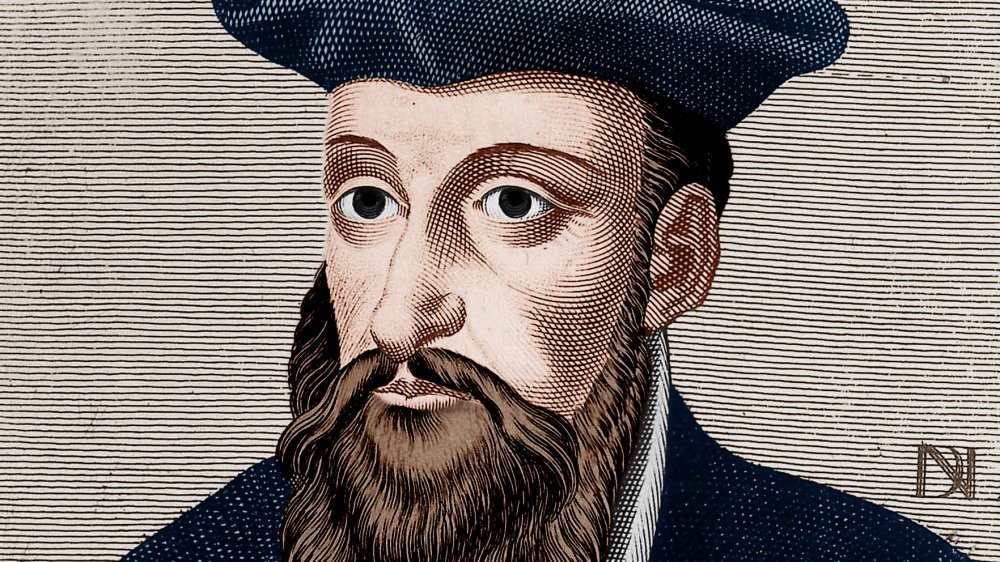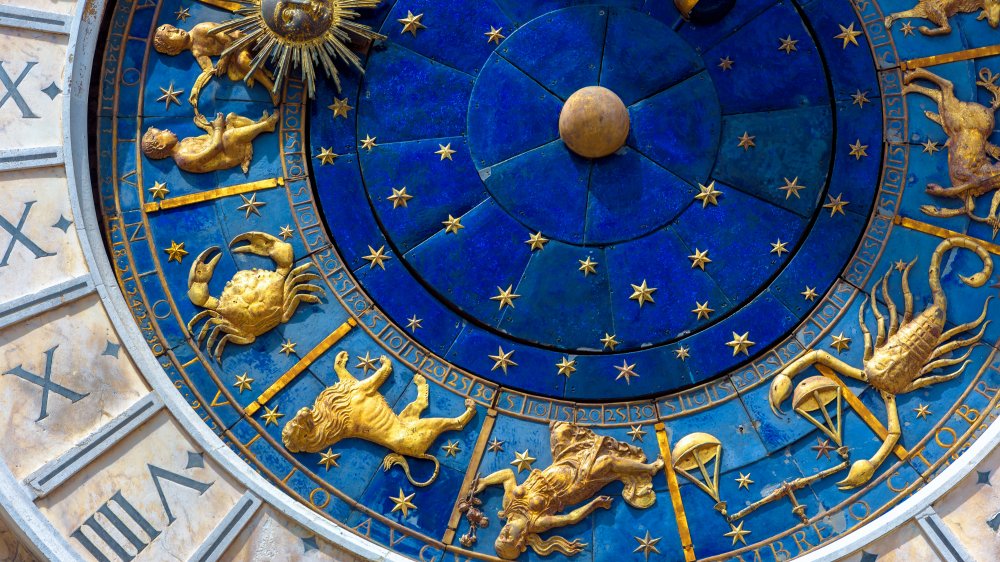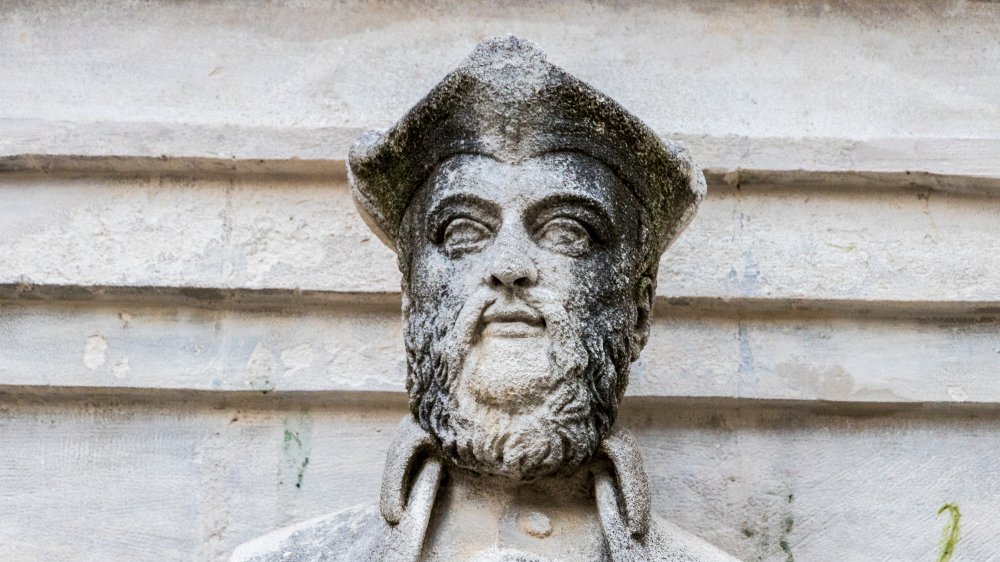The Truth About Nostradamus And His Prophecies
If you were lucid during the weeks that followed 9/11, you'll remember that Nostradamus suddenly started popping up in more conversations than usual. At the center of his newfound popularity was a prophetic quatrain, credited to the enigmatic seer, in emails prefaced with "RE:RE:RE:RE:" and said to have been written in 1654:
"In the City of God there will be a great thunder,
Two brothers torn apart by Chaos, while the fortress endures,
the great leader will succumb."
It was eerie stuff, made all the more unsettling by the fact that Nostradamus died in 1566, nearly a full century before the attributed prognostication was supposedly written. It was almost as if the whole thing was, from a supernatural and occult point of view, a load of crap ... which, actually, it was. The quote didn't come from the prophecies of a centuries-dead astrologist, it came from an internet essay published in 1997 by a student at Brock University. Ironically, the essay was illustrating the way that a vaguely worded prediction could be retrofitted down the line and assigned meaning, regardless of the prowess of its progenitor's foresight. But somehow, in a world at war with terror, it must have felt comforting to think that there was a larger plan at play. That the sudden uncertainty of everyday life was, in fact, predictable. Even if it was being predicted by the French.
Nostradamus was an astrology fan. Classic Capricorn.
Nostradamus was born Michel de Nostredame in Provence, France, and started medical school at 14. It wasn't a Doogie Howser thing. As PubMed points out, people just tended to die around 40 back then, so time was of the essence. Latinizing his name to Nostradamus, the young man went on to spend a few years treating the plague. Some of his practices, according to History, even point to a man with ideas ahead of his time: he had a solid concept of hygiene, and an anachronistic passion for not leaving bodies rotting in the street. Other practices, like feeding his patients pills made out of rosehips, are remembered with less awe.
And yes, he wrote prophecies. He also penned a combination cookbook/cosmetics manual, "Traite des Fardemens," which taught folks how to make candied orange peels and, helpfully, how to clean their rotted-out teeth by filing them down. But the real money started coming in when Nostradamus published a series of almanacs featuring his predictions for the future. Soon, he moved on to entire books, utilizing "judicial astrology" to call his shots. And he took plenty of shots. Over 900 of them.
Oddly enough, it was the astrologers that hated this the most. Nostradamus was called unprofessional and lackluster by his fellow horoscope enthusiasts, but that might have been workplace envy. Thanks to his use of poetry and cryptic forecasts, he became more famous than any of them, demonstrating why presentation is key.
More like Nostradumbas
There are a couple of ways that you can look at the writings of Nostradamus.
You could look at them with a skeptical eye, and see a learned man living in a difficult time, who discovered that ambiguous wordplay and ominous undertones caught hold of the public's imagination. You could consider that a collection of nearly a thousand predictions, written vaguely in a handful of languages, might be interpreted in just about any manner that the reader prefers. You could even shimmy in the idea that, as a mascot for believers in the supernatural, Nostradamus picked up a large, multi-generational trail of confirmation bias, and that people are going to see what they want to see. At times, as with the falsely attributed quatraine from earlier, purposeful misinformation could have even been attached to his name. Maybe all of that has led to an exaggerated reputation, calcifying itself to him for half a millennium.
Or maybe Nostradamus saw every aspect of the future except for the fine details, like how he needed to watch his uric acid levels. He died of gout in 1566.


